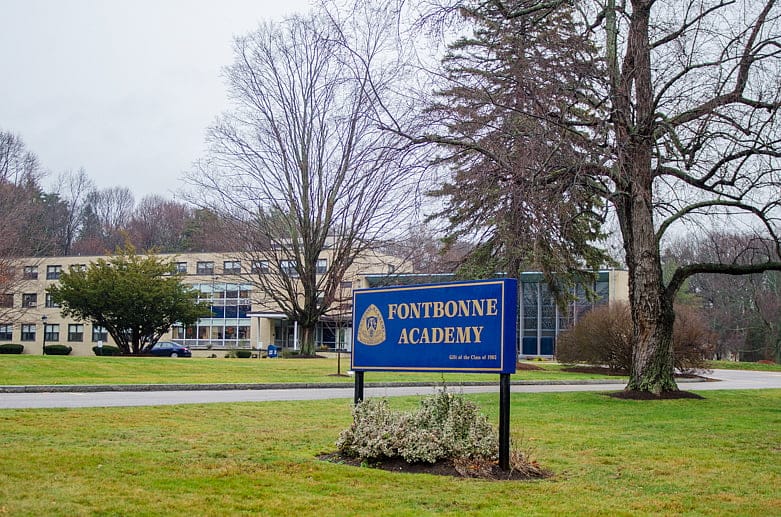The tragedy of religious liberty myopia

Earlier I commented on the recent ruling by a Massachusetts Superior Court coercing the Sisters of Saint Joseph, who run Fontbonne Academy, to hire a man who identifies another man as his husband. This action would contravene the Sisters' well-formed conscience which, consistent with Roman Catholic teaching, biological facts, and millennia of practical wisdom, holds that a lifetime union between one man and one woman is a marriage, a unique human achievement and a foundational civic institution that conduces to the common good of all. In my earlier post, I noted that the essential reasoning in the judge's decision amounts to special pleading, and the result constitutes discrimination against Roman Catholics.
On the NBP Opinion page, Andrew Beckwith noted another problematic feature of the decision. The court ruled that the Sisters do not qualify for religious liberty protection under the state non-discrimination law because they do not "limit membership, enrollment, admission or participation" to members of the Roman Catholic Church. So, the Sisters are denied legal protection because they open their doors to those who do not share their religious convictions. "Ironically," Beckwith observes, "it is precisely this openness to diversity which the court said negates the school's right to define school culture and control its faith-based mission."

